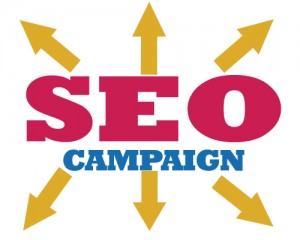
Search Engine Optimization (SEO) employs a wide variety of strategies that are designed to improve a site’s ranking in the Search Engine Result Pages (SERPs). Over the years, there has been a lot of manipulation of search results and the search engines have responded by upgrading their algorithms. These updates are designed to penalize those who abuse the system and use black hat or spammy methods to obtain a higher ranking in the SERPs. Some strategies like buying links, cloaking and keyword stuffing were commonplace and in many cases did help improve a site’s ranking. But these types of practices are considered black hat now and can get a site penalized so badly that they fall off the result pages altogether. By using SEO best practices and ethical strategies a site can obtain a ranking near the top of the SERPs. But since it’s not an exact science, is there any way to predict the results?








